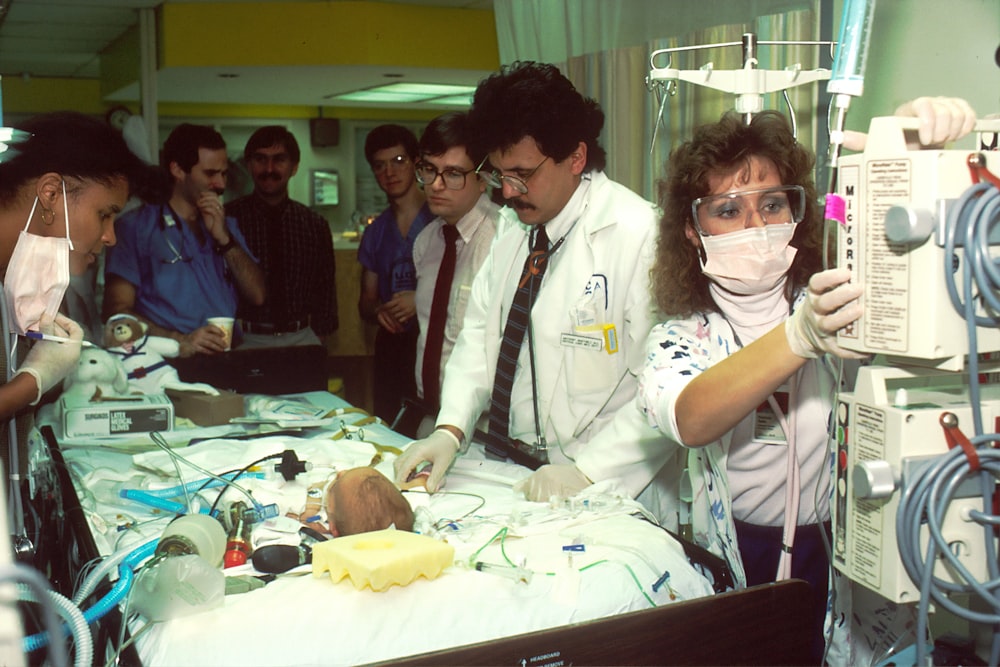Nanotechnology Advancements Transforming Healthcare
Revolutionizing Diagnostics
Nanotechnology has ushered in a new era of precision diagnostics, allowing healthcare providers to detect diseases with unprecedented accuracy and sensitivity. Nanoscale sensors and imaging techniques enable the detection of biomarkers and abnormalities at the molecular level, providing early warning signs for conditions such as cancer, infectious diseases, and neurological disorders. By enabling earlier diagnosis, nanotechnology is revolutionizing healthcare by improving patient outcomes and reducing treatment costs.
Enhancing Drug Delivery
One of the most promising applications of nanotechnology in healthcare is in the field of drug delivery. Nanoscale drug delivery systems, such as nanoparticles and liposomes, offer targeted delivery of therapeutics to specific cells or tissues, minimizing side effects and maximizing efficacy. These nanocarriers can bypass biological barriers, such as the blood-brain barrier, to deliver drugs directly to their intended targets, opening up new possibilities for treating diseases that were once considered untreatable.
Advancing Regenerative Medicine
Nanotechnology is also driving advances in regenerative medicine, offering new approaches for repairing and regenerating damaged tissues and organs. Nanomaterials, such as nanofibers and scaffolds, provide a framework for supporting cell growth and tissue regeneration, facilitating the development of engineered tissues and organs for transplantation. By harnessing the regenerative potential of nanotechnology, researchers are working towards transformative treatments for conditions such as organ failure, spinal cord injury, and degenerative diseases.
Improving Medical Imaging
Medical imaging techniques have been revolutionized by nanotechnology, with nanomaterials enhancing the resolution, sensitivity, and specificity of imaging modalities such as MRI, CT, and PET. Nanoparticles can be engineered to target specific tissues or biomolecules, enabling molecular imaging of disease processes and facilitating early detection and monitoring of disease progression. These advancements in medical imaging are improving diagnostic accuracy and guiding treatment decisions, ultimately leading to better patient outcomes.
Personalizing Treatment Approaches
Nanotechnology is enabling personalized approaches to healthcare by providing tools for precise and targeted treatments tailored to individual patients. By combining nanoscale diagnostics with targeted drug delivery systems, healthcare providers can develop personalized treatment regimens based on each patient’s unique genetic makeup, biomarker profile, and disease characteristics. This personalized approach to treatment maximizes therapeutic efficacy while minimizing side effects, leading to better outcomes and improved quality of life for patients.
Overcoming Therapeutic Challenges
Nanotechnology has the potential to overcome longstanding challenges in drug development and therapy, such as drug resistance, toxicity, and limited bioavailability. Nanoscale drug formulations can enhance the solubility, stability, and bioavailability of therapeutic agents, enabling the development of more effective treatments for a wide range of diseases. Additionally, nanotechnology-based approaches, such as targeted drug delivery and combination therapy, can help overcome drug resistance and improve treatment outcomes for conditions such as cancer and infectious diseases.
Paving the Way for Wearable Devices
Nanotechnology is driving the development of wearable medical devices that monitor health parameters in real-time, enabling continuous monitoring and early detection of health issues. Nanomaterials such as graphene and carbon nanotubes provide the basis for flexible, lightweight, and biocompatible sensors that can be integrated into clothing, accessories, or even implanted directly into the body. These wearable devices offer new opportunities for remote patient monitoring, personalized healthcare, and early intervention, ultimately improving patient outcomes and reducing healthcare costs.
Ensuring Safety and Ethical Considerations
While the potential benefits of nanotechnology in healthcare are vast, it is essential to consider safety and ethical implications. Nanomaterials may pose unknown risks to human health and the environment, and careful evaluation of their safety profile is essential before widespread use in clinical settings. Additionally, ethical considerations such as patient privacy, consent, and equity must be addressed to ensure that nanotechnology-based healthcare interventions are implemented responsibly and equitably.
Collaborating for Continued Progress
The advancement of nanotechnology in healthcare requires collaboration and interdisciplinary cooperation among researchers, clinicians, policymakers, and industry stakeholders. By working together, we can harness the full potential of nanotechnology to address healthcare challenges, improve patient outcomes, and create a healthier future for all. As nanotechnology continues to evolve, it holds the promise of transforming healthcare as we know it, ushering in a new era of personalized, precise, and effective medical treatments. Read more about Nanotechnology in healthcare
